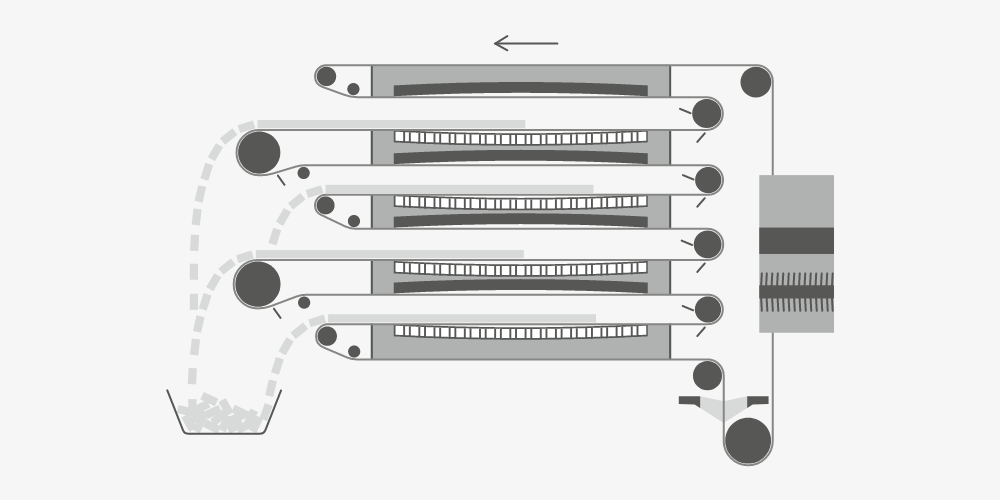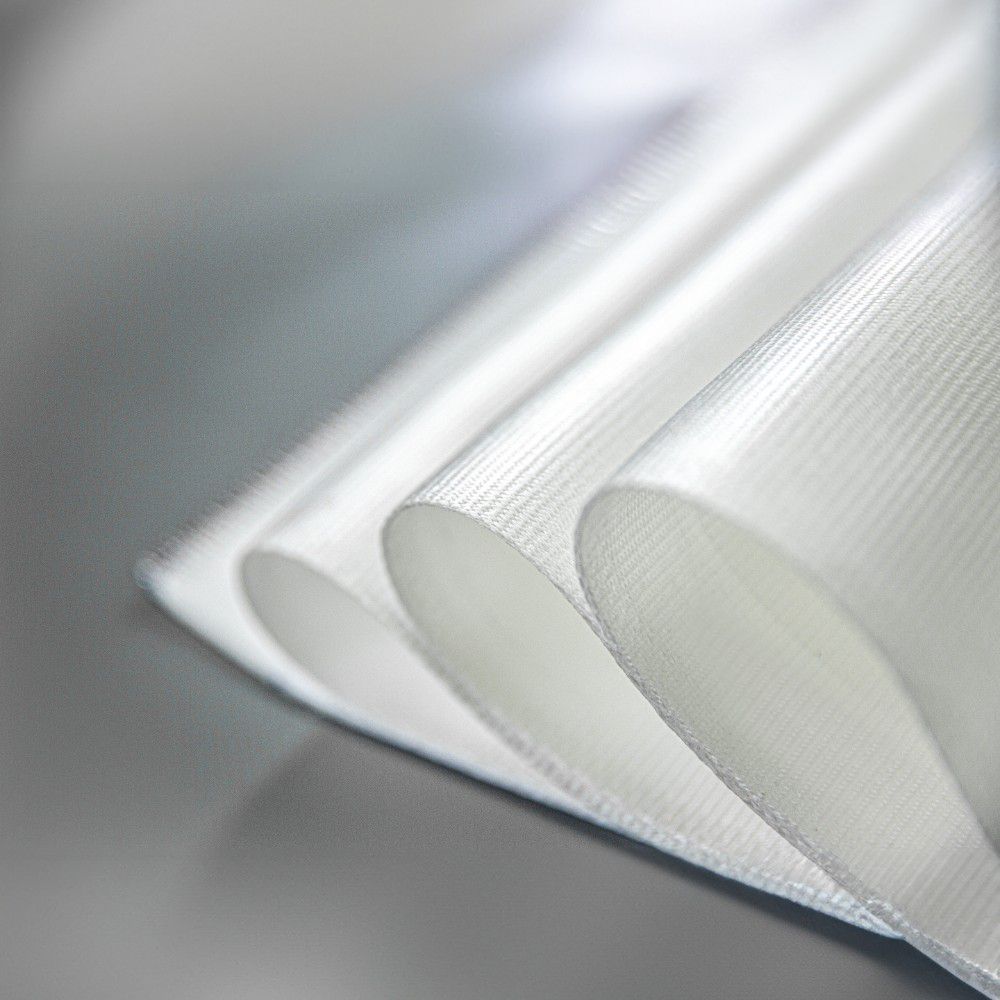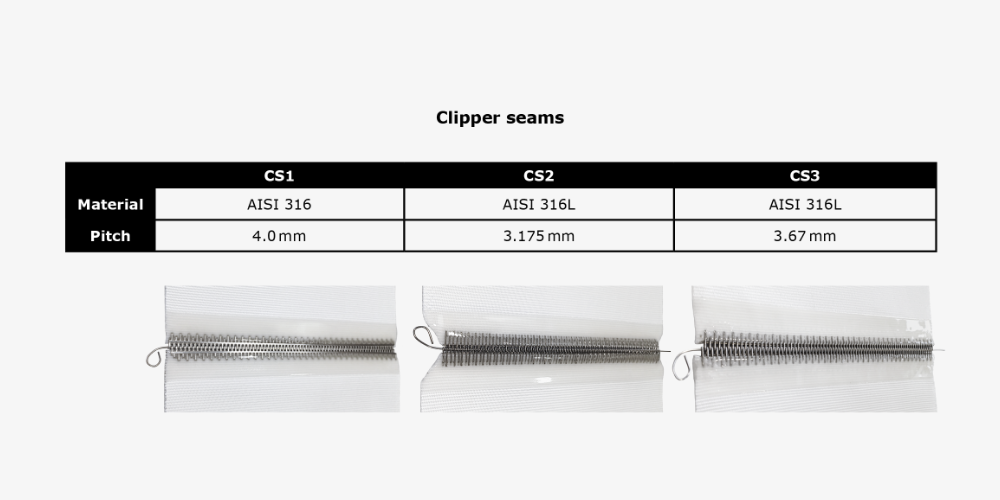-
NewsNews
-
Filter technology
Filter technology
-
Hose systems
Hose systems
-
Publications
Publications
-
Trade fairs
Trade fairs
-
Filter technology
-
Textile filtrationTextile filtration
-
Filter cloths
-
Filter bags
Filter bags
-
Filter belts
Filter belts
-
More products
More products
-
Service filter technology
Service filter technology
-
Areas of application filter technology
Areas of application filter technology
-
White Paper
White Paper
-
Filter cloths
-
Hoses technologyHoses technology
-
Hoses
-
Couplings & connections
Couplings & connections
-
Accessories
Accessories
-
Service hoses technology
Service hoses technology
-
Areas of application hoses technology
Areas of application hoses technology
-
White Paper
White Paper
-
Hoses
-
Other applications
Other applications
-
About usAbout us
-
Markert Group
Markert Group
-
Kunstforum Markert
Kunstforum Markert
-
Management & advisory board
Management & advisory board
-
Research and development
Research and development
-
Quality and the environment
Quality and the environment
-
Production system
Production system
-
Markert Group
-
CareersCareers
-
Training
Training
-
Jobs
Jobs
-
Work at Markert
Work at Markert
-
Training
-
Contact
Contact
Filter belts for tower presses
Filter presses operate with premium-grade materials, ensuring unparalleled quality.
1. Tower presses on the market
Tower presses play a vital role in solid-liquid filtration processes across various industries, offering efficient and reliable solutions for separating solids from liquids. These have a relatively small footprint compared to other filtration systems, making them suitable for space-limited environments. Most widely tower presses are supplied by all tower press systems. These are fully automatic filters with horizontally oriented filter plates. Depending on machine type from one or two sides diaphragms are integrated in recessed plates. All tower press systems work with single-belt system or multi module filter belt systems.

2. Filter belts
Filter belts, designed to zigzag between filter plates, boast dual-sided filtration capability. This feature ensures optimal performance in terms of capacity, cake moisture, and discharge during each cycle.
Engineered for dimensional stability, our belts are pre-stretched to mitigate shrinkage and elongation, guaranteeing consistent production and effective cake discharge.
Additionally, they offer superior cleanability and mechanical resilience.
With widths available up to 1.7 m and lengths reaching up to 215 m, our belts cater to diverse filtration needs.
We provide a comprehensive selection of filter fabrics tailored to various applications, offering air permeability ranging from 0.5 to 270 dm³/dm²*min.
Crafted from polypropylene and polyester in a twill weave, our filter fabrics comply with EU and FDA food grade standards.
To prevent fraying, edges undergo ultrasonic treatment, while clipper seams securely connect ends, optionally coated for added durability.
Explore our range of common clipper seams below for further details.
3. Success Stories
Proteins:
Our customer faced numerous issues, including misalignment of running filter belts and inadequate food grade certification. However, our belts effectively resolved these challenges, tripling their lifespan. Additionally, our food grade certificate proved invaluable during their audit.
PCC (precipitated calcium carbonate):
Frequently, belt failures result from process-induced holes. However, our multi-layer PPV 50359 stands out for its exceptional strength and resilience, effectively mitigating such issues. Not only does it extend lifespan, but it also retains the finest particles with remarkable efficiency.
Starch:
In the food industry, specifically in the application of starch, the PP 11261 fabric for all tower press systems is utilized. However, a critical issue arose when the metal collector became detached, posing risks of contamination and product loss. Through an enhancement in the collector attachment, we successfully minimized both contamination and product loss.
4. Laboratory tests
We could run laboratory analysis of the filter cloth with subsequent analysis of the results. This includes determination of:
- Filtration test and fabric screening with our pressure nutsche
- Electric resistance through and along the fabric
- Air permeability
- Water permeability
- Pore size through microscope
- Weight
- Binding type
- Fabric material
- Thickness
- Yarn type
- Abrasion behaviour
- Chemical resistance





